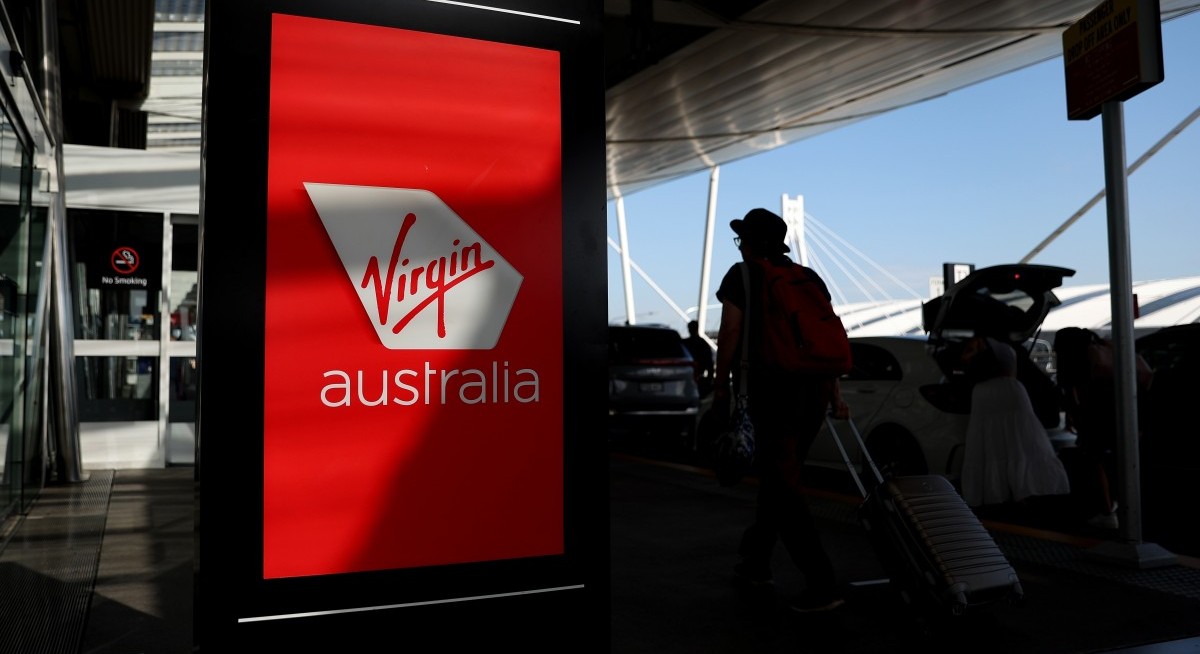Emerson said bookings “remain strong” and the leisure market has fully recovered. While some business travel has been replaced by video conferencing, the corporate market will continue to expand, he said.
Emerson’s perspective suggests the surge in leisure travel since 2022, and broader demand for premium seats, are now permanent dynamics. His comments reinforce the bullish views of Qantas Airways CEO Vanessa Hudson, who on Thursday described a market that’s booming at all price points.
Emerson said the airline will add flights on its entire network as part of a 4% increase in domestic capacity in the six months to the end of December. Under Emerson, Virgin Australia is focused on Australia’s mid-tier market, a price point below Qantas but above that of Jetstar, Qantas’ low-cost carrier.
Shares in Virgin Australia, which relisted in June, were down 2.9% to A$3.39 ($2.84) at 11.39am, above the A$2.90 IPO price. The airline on Friday reported profit that matched forecasts in its initial public offering prospectus, not enough to satisfy an Australian stock market that’s punished even minor disappointments in the latest results season.
See also: New owners of Pakistan International Airlines plan IPO
Virgin Australia’s underlying net profit climbed 28% in the 12 months ended June to A$331 million.
Virgin Australia was founded as a budget carrier in 2000 with start-up capital from Richard Branson. It later moved away from a low-cost model in an ill-fated attempt to compete head-on with Qantas Airways.
See also: Airbus wins major order for A350 widebody jets from Air Canada
Saddled with debt, Virgin Australia became the first high-profile airline casualty of the pandemic when it collapsed in 2020. Bain Capital bought the company the same year.
Bain sold 30% of the carrier in the June IPO, and still owns a 40% stake.
Chart: Bloomberg




